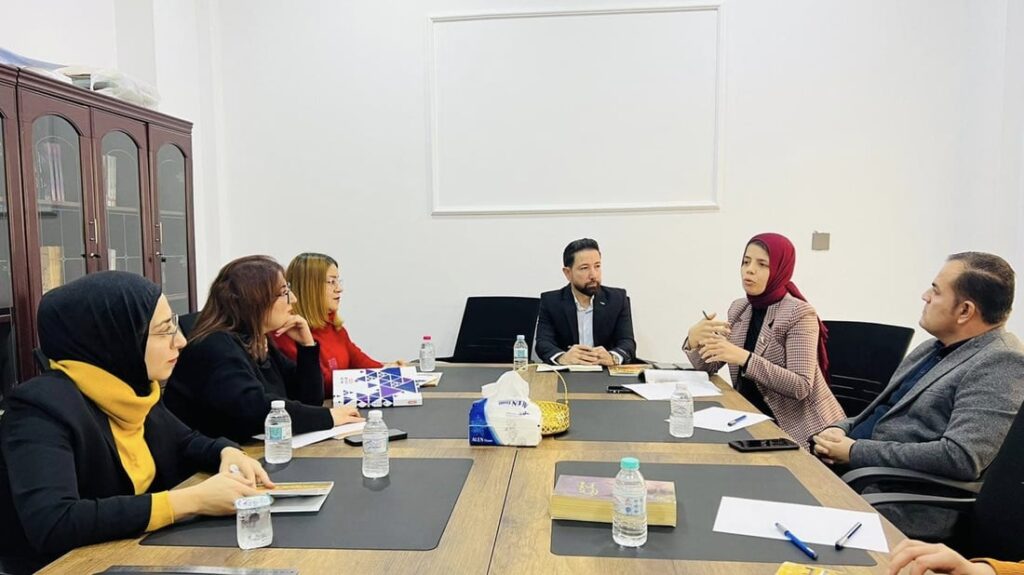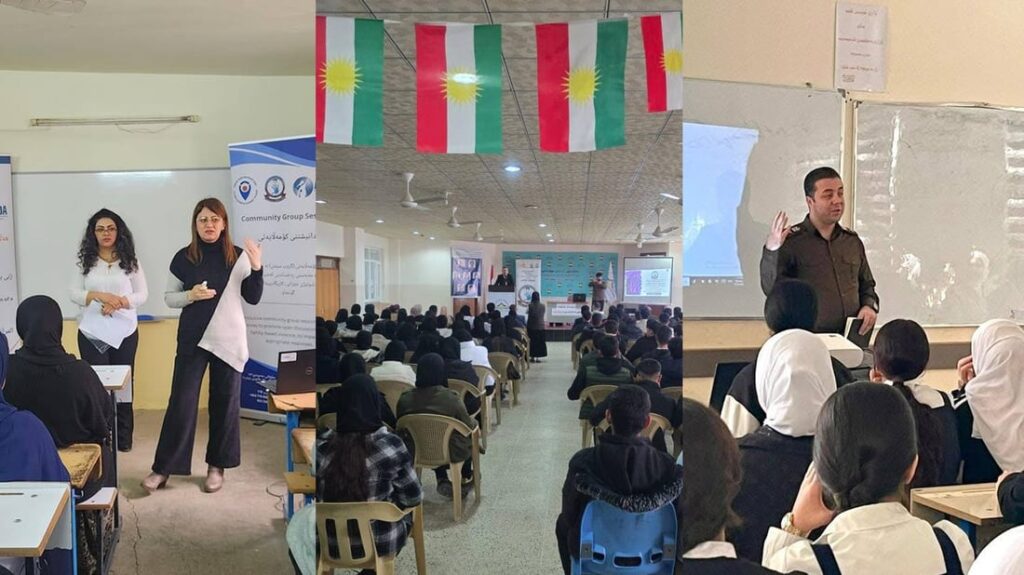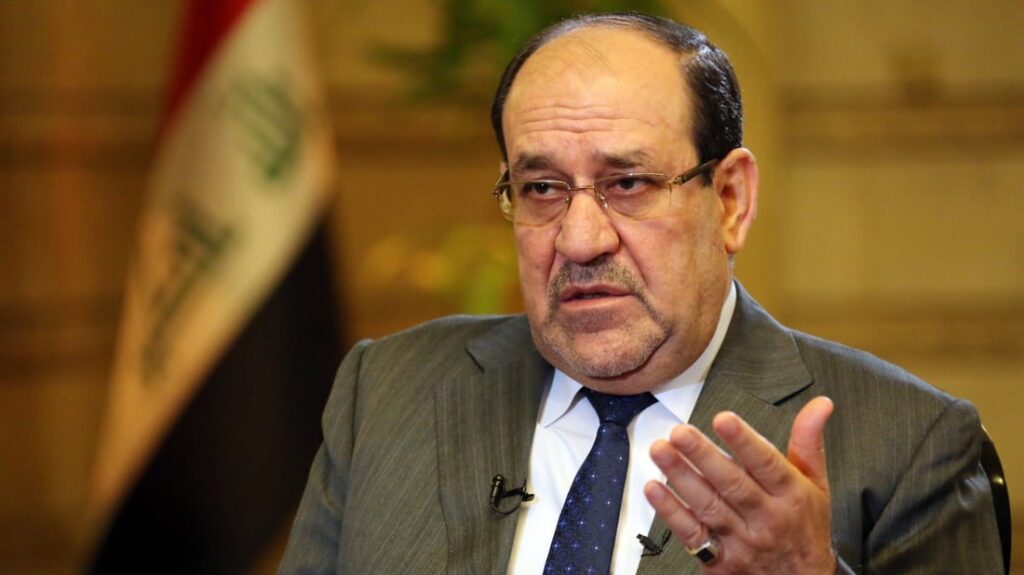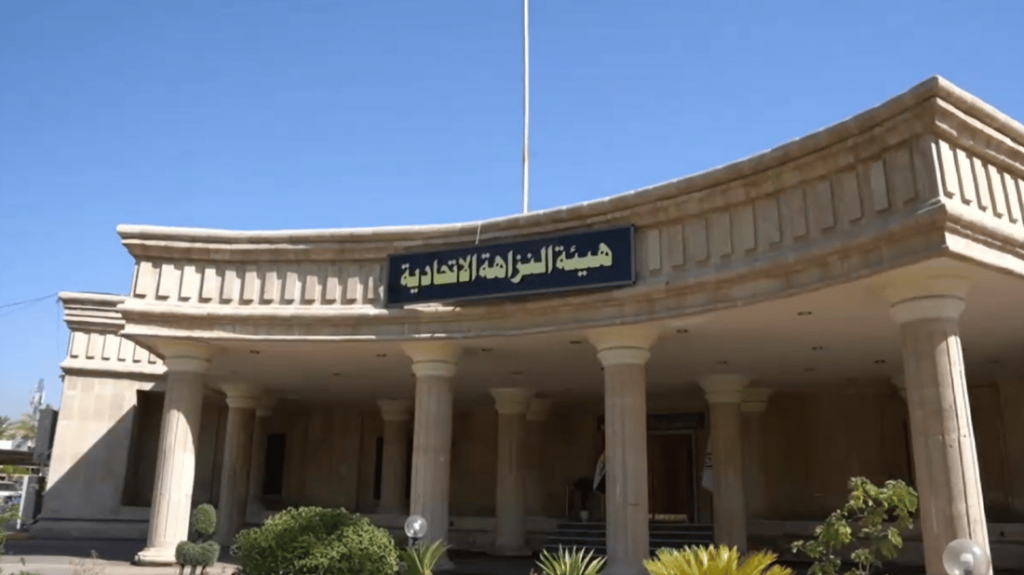Iraq: ISHM 228: October 31 - November 7, 2019

Key Takeaways:
Iran Working To Prevent Government Change; U.S. Increases Pressure On Baghdad To Enact Reforms; KRG Opposes Early Elections, Constitutional Changes; Internet Blocked Again As Protests Continue – On October 31, Reuters reported that the commander of the Quds force in Iran’s Revolutionary Guard Corps, Qassem Soleimani, intervened in a meeting between Moqtada al-Sadr and Hadi al-Ameri. Soleimani pressured Amiri, who leads the Bina Coalition, to continue his support for Prime Minister Adil Abdul-Mahdi and abstain from cooperating with Sadr in identifying a replacement. On November 1, U.S. Secretary of State, Mike Pompeo, said that the U.S. supports the proposed government reforms that were recently outlined by President Barham Salih. Pompeo denounced violence on both sides, specifically the targeting of journalists, and criticized Baghdad’s investigation of the violence for lacking “sufficient credibility.” Pompeo’s remarks were followed by a tougher statement by the U.S. Embassy in Iraq warning that “there is no path forward based on suppression of the will of the people.” On November 4, KRG President Nechirvan Barzani warned against making any drastic change to the Iraqi Constitution that could impact the rights and interests of the KRI and rejected the idea of holding early national elections. On November 5, the government of Iraq reimposed sweeping restrictions on internet connectivity as anti-government protests continued in Baghdad and southern provinces. More than 128 civilians have been killed since protests resumed on October 25. The deaths occurred despite assertions a day earlier by a government spokesman that security forces were given strict orders to never open fire on protesters. more…
ISIS Names New Leader; ISIS Activity Forces Civilians Out Of Diyala Village; Turkish Airstrikes Target PKK-Affiliates Near Sinjar – On October 31, ISIS named “Abu Ibrahim al-Hashemi al-Qurayshi” as its new leader in a recorded audio message. This announcement followed the October 26 killing by U.S. forces of the group’s leader, Abu Bakr al-Baghdadi, and his presumed successor, Abu Hassan al-Muhajir. On October 31, ISIS militants detonated two improvised explosive devices (IED) during an attack on a checkpoint in Tarmiyah north of Baghdad, killing one ISF member and injuring five. On November 3, local sources in Diyala reported that families were leaving the village of Ramadan, near Khanaqin in Diyala province, due to growing ISIS activity. On October 31, ISIS militants killed one civilian and kidnapped another in an attack on a house in Shafiq village, also near Khanaqin district. On November 4, Turkish airstrikes targeted a Sinjar Resistance Units (YBS) base in the predominantly-Yazidi region of Khana Sor, northwest of Sinjar, in Ninewa province, killing three YBS members and injured two more. On November 5, Turkish airstrikes targeted YBS bases again in the largely Yazidi village of Bara, north of Mount Sinjar, injuring three people. On the same day, Turkish armed drones killed five members of the PKK in the Avashin region of northern Iraq. more…](https://enablingpeace.org/ishm229/#Headline2)
Shortage Of Teachers Severely Impacts Displaced Children; Forced Disappearances, Arrests Continue Against Activists; More Syrian Refugees Cross Into Iraq – On November 2, the Norwegian Refugee Council (NRC) said that 2.5 million Iraqi children lack educational support due to inadequate funding and dwindling numbers of teachers. Of those children, 775,000 are internally displaced persons (IDPs). On November 4, Human Rights Watch (HRW) accused security authorities in Anbar province of arresting civilians who have used social media to publicly support Iraq’s widespread anti-government demonstrations. On November 4, the Iraqi High Commission for Human Rights demanded that security forces investigate the abduction of activist and doctor Saba al-Madawi, a volunteer who was providing first aid to protesters in Baghdad and was subsequently kidnapped by unknown men in the Bayaa neighborhood of Baghdad on November 2. On November 6, the International Organization for Migration (IOM) reported 14,369 Syrian refugees have crossed the Iraqi border since October 14 due to fighting between the Turkish military and the Syrian Democratic Forces. UNHCR workers have called for more supplies and highlighted the lack of bathrooms, cooking facilities, hot water, educational programs, access to food distribution, and psychosocial help for children. more…
Oil Exports Declined 3% In October; Ministry Plans to Turn Quarter Million Acres Of Desert Into Arable Land; Protesters Block Entrances To Umm Qasr Port, Oil Fields And Refineries – On November 1, Iraq’s Ministry of Oil announced that crude oil exports in October averaged 3.447 million barrels per day (bpd), more than 3% lower than September’s level of 3.575 million bpd. On November 3, the Ministries of Agriculture and Water Resources, and the National Investment Authority launched a program to convert one million dunams (247,000 acres) of desert into arable land. On November 4, demonstrators blocked access to both parts of the West Qurna oil field in Basra province. On November 6, protesters also massed around the entrance to the Nassiriya oil refinery in Dhi-Qar province, preventing tankers loading and causing supplies from the facility to drop by half. Protesters also cordoned off al-Shanfiyah refinery in Diwaniya province. On November 6, a spokesperson from the North Oil Company said that 30,000 bpd from Qayyar oil field couldn’t be transported for export due to blockades preventing truck movement at southern ports. On November 7, protesters once again blocked the entrance to Umm Qasr port after briefly dispersing. A government spokesman claimed that the blockades had cost Iraq $6 billion. more…
For more background on most of the institutions, key actors, political parties, and locations mentioned in our takeaways or in the stories that follow, see the ISHM Reference Guide.




